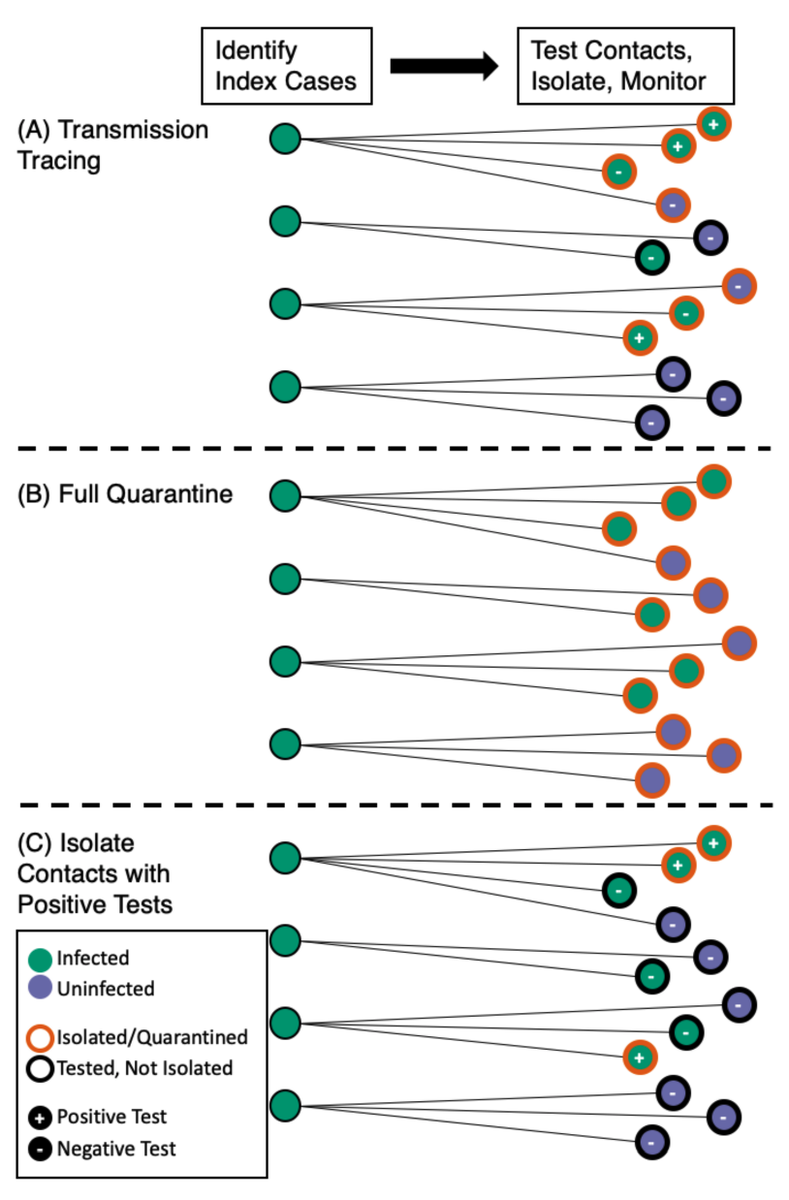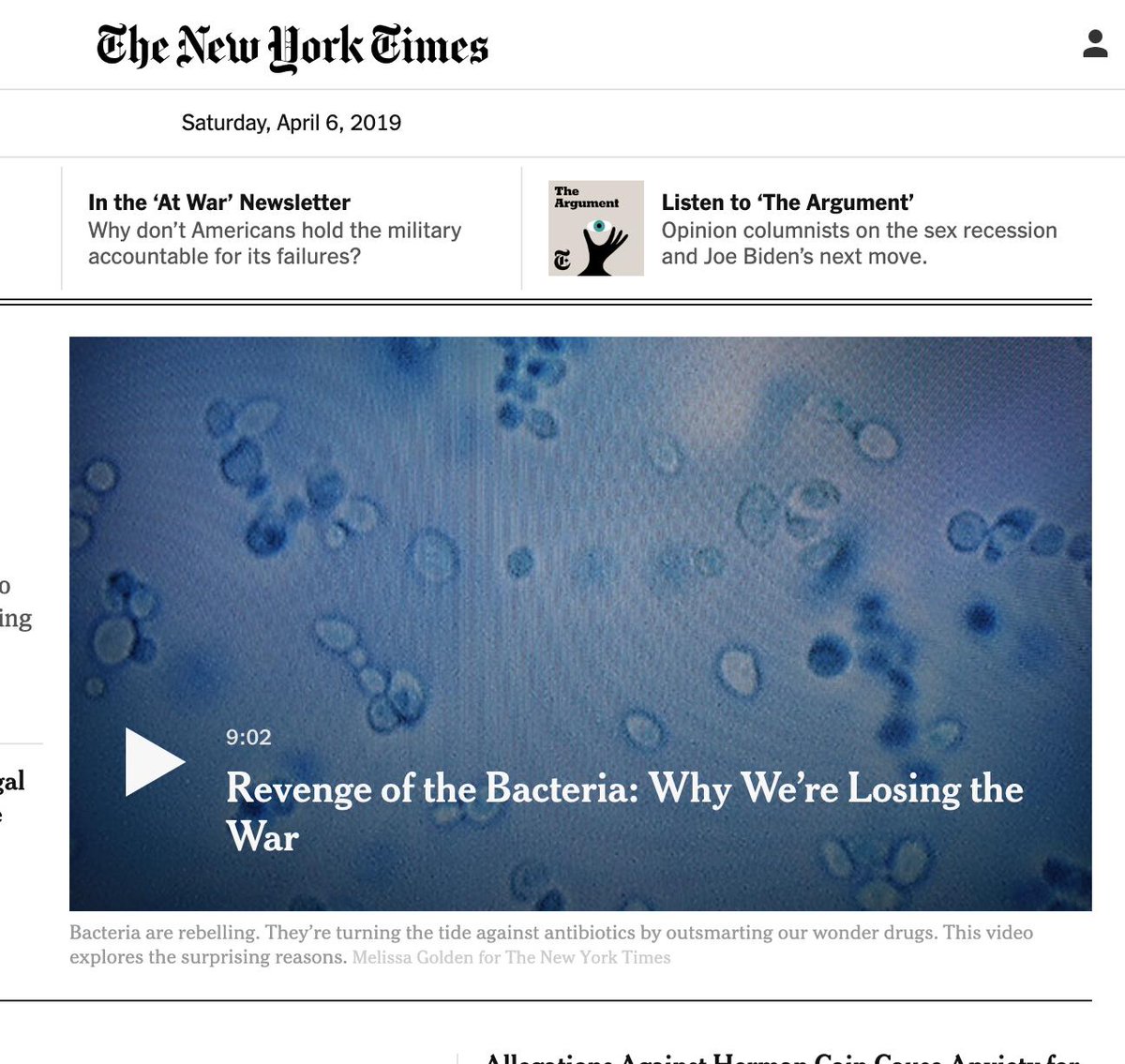
Microbiology, evolution, antibiotic resistance, applied math, molecular biotech. Associate Professor @HarvardMed. Basic research is the engine of progress
How to get URL link on X (Twitter) App



 This is a project and an area I've been working in for years. We've published numerous papers on the topic, and recently went through a competitive renewal in which the science of the grant was rigorously evaluated and supported.
This is a project and an area I've been working in for years. We've published numerous papers on the topic, and recently went through a competitive renewal in which the science of the grant was rigorously evaluated and supported.
https://twitter.com/apoorva_nyc/status/1486465856938909698
https://twitter.com/seungminkim/status/1478867026542219264When you see things like this, ask yourself:

 The idea that a virus expectedly mutates in a way that's to its advantage is getting causality backwards. It mutates randomly, and the advantageous one wins.
The idea that a virus expectedly mutates in a way that's to its advantage is getting causality backwards. It mutates randomly, and the advantageous one wins.
https://twitter.com/eliowa/status/1329614738247069697Maybe announcing a Mars program and landing a crew twelve months later? It's certainly on par with the Manhattan project.


 The last eleven days give a remarkably good fit for linear regression on the log cases (R^2=0.9981), that's good enough to project the exponential. Here's what happens:
The last eleven days give a remarkably good fit for linear regression on the log cases (R^2=0.9981), that's good enough to project the exponential. Here's what happens:
 Sure, we are trying to kill bacteria before they can kill us, but they aren't doing that at all. They're just surviving in whatever environment they happen to be in, and adapting to whatever evolutionary pressures happen to be on them. It's not adversarial. 2/
Sure, we are trying to kill bacteria before they can kill us, but they aren't doing that at all. They're just surviving in whatever environment they happen to be in, and adapting to whatever evolutionary pressures happen to be on them. It's not adversarial. 2/